
Welcome to The Social-Behavioral Coffee Hour – the CSBS’s very own podcast.
The Social-Behavioral Coffee Hour podcast provides a platform for guests to discuss and explore themselves, their disciplines, and the broader context in which they research, work, and live. This includes the good and bad, and the beautiful and the messy. We’re here to discuss human nature and how to build a better world using social-behavioral science. To do this, we use the long-conversation format.
Gun Violence: Prevention and Healing

How does gun violence in our communities change us? In this episode, CSBS Research Scientist Peter Ondish, Ph.D., talks with Ruby Mendenhall, professor of African American studies at the University of Illinois. Ruby and Pete talk about how gun violence in our environment changes us in unexpected ways—both psychologically and biologically. They also talk about current interventions and initiatives to reduce gun violence and, importantly, how families that have lost loved ones find ways to heal from impossible wounds. Talking about gun violence is hard, but through conversations like this, we try to find hope.
Episode 15
Improving Lives with Evidence-Based Policy

How do governments use evidence to become more effective? In this episode, CSBS Research Scientist Peter Ondish, Ph.D., talks with Jacob Bowers, professor of political science at the University of Illinois. Jake shares his experience living in Chile during Pinochet’s rule, and how it shaped his interest in political science and evidence-based government. Pete and Jake also discuss the evidence-based policy movement and the different organizations pioneering the use of social-behavioral science to improve the lives of citizens.
Episode 14
Importance of Corporate social responsibility in our society
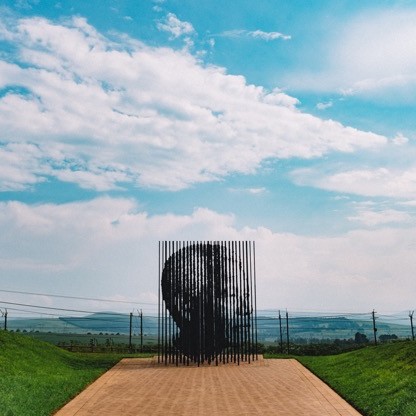
Curious about the concept of Corporate Social Responsibility and its social impacts? The following is a conversation with Ishva Minefee, professor of business administration at the University of Illinois. In this episode, Ishva shares how the companies in South Africa differ in their social messaging system around Apartheid and how that sparked his interest in Corporate Social Responsibility. Moreover, he talks about what CSR actually is, how it’s measured, the trend of corporations taking an increasing stance on social issues—and whether those stances are actually impactful.
Episode 13
Alcohol addiction: why we drink and its social impact
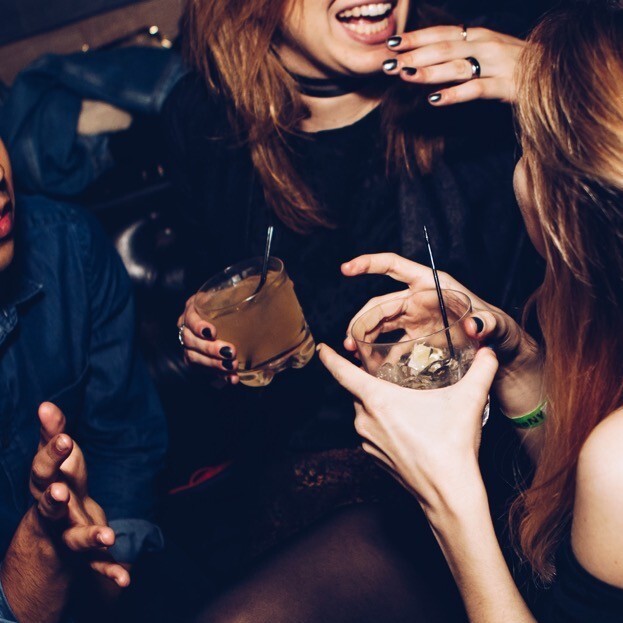
The following is a conversation with Catharine Fairbairn, Helen Corley Petit Associate Professor of Psychology at the University of Illinois. She was named a Rising Star by the Association for Psychological Science. In this episode, Catharine shares her unique and fascinating journey into the understanding of addictions through research. We discuss the surprising cultural, social, and emotional reasons for why people drink alcohol, and at the same time debunk some common drinking misconceptions. We also talk about alcohol’s social impact at large and how societies can re-imagine their relationship with alcohol.
Episode 12
Personality: what it is, where it comes from, and how we can change it

Interested in learning more about the relationship between personality and human nature? In this episode, Brent Roberts, professor of psychology at the University of Illinois, tells the story of his unique journey into psychology. In addition, we’ll discuss what exactly personality is, as well as some important cultural conversations around personality and human nature as they relate to narcissism, birth order, and parenting. We’ll also discuss personality change and how we can strive to change while also honoring who we are at our core.
Episode 11
Being an entrepreneur in academia

The following is a conversation with Sanjay Patel, professor of electrical and computer engineering at the University of Illinois, and a founder of several start-up companies. In this episode, we discuss entrepreneurship and the challenges that come with trying to bridge the gap between research and marketable products with high real-world impact.
In this episode, Sanjay tells the story of how he and his fellow colleagues at the university founded Personify, a company specializing in artificial visual background technology. Additionally, this episode dives into how digital innovations– such as the University’s Rokwire platform, on which the Safer Illinois App was created– must address a new wave of concerns regarding data privacy, security, and information sharing. Our conversation dissects if these digital platforms we use nowadays respect ethical boundaries regarding privacy in this age of digital media.
Episode 10
Creating technology that preserves our health, well-being, and privacy

What is the connection between the built environment and our well-being? In this episode, CSBS Research Scientist Peter Ondish, Ph.D., will answer that question with Bill Sullivan, professor in landscape architecture at the University of Illinois in Urbana-Champaign. His work examines how our present-day physical environment can pose enormous demands on our capacity to pay attention, and what the consequences of those demands are on our health and happiness. They will also talk about how Professor Sullivan has intended to move this research into our digital environment as well, and how we can create technology that preserves our health, well-being, and privacy.
Episode 9
Troubleshooting today’s journalism
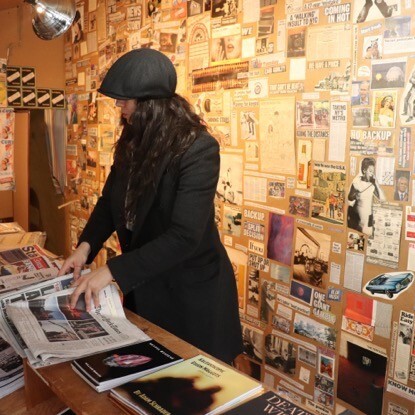
The disappearance of newspapers and local news organizations has been ongoing for many years. In this episode of the CSBS podcast, we will examine the historical changes that journalism is undergoing and what this means for news and equality. Nikki Usher, professor of journalism, talks about their new book: News for the Rich, White and Blue – How Place and Power Distort American Journalism, with CSBS research scientist, Peter Ondish, Ph.D., and Research Development Manager, Kaylee Lukacena, Ph.D. This important discussion will aid in understanding some of the key concepts from their book such as the cultural and existential importance of news, the significance of location for journalism, the Goldilocks paradigm and more.
Episode 8
The importance of community colleges

In this episode, CSBS team members Brent Roberts, Ph.D., and Peter Ondish, Ph.D., will speak with Eboni Zamani-Gallaher, professor of higher education and community college leadership, about why community colleges are more important than ever before. Professor Zamani-Gallaher is also director of the oldest community college research hub in America, the Office of Community College Research and Leadership (OCCRL).
Professor Zamani-Gallaher will lead us through a critical conversation on how community colleges are a promising springboard for economic opportunity, but also how they are a reflection of the unspoken racial and ethical challenges existing in society. We will talk specifically about what is needed for higher education to contribute to anti-racism work and encourage more equitable student outcomes.
Episode 7
Storytelling Within Communities of Color
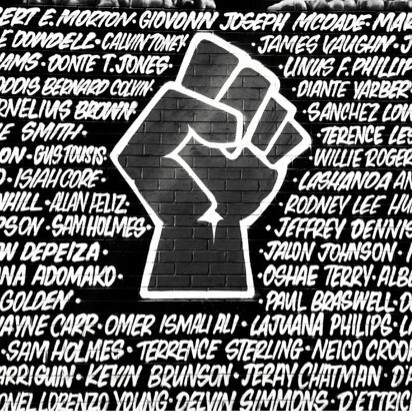
Talking about personal stories can be healing, gratifying, uncomfortable and in some cases, life-changing. In this episode, CSBS Associate Director Cristina Alvarez, Ph.D., and Research Scientist Peter Ondish, Ph.D., sit down with Carla Desi-Ann Hunter, professor of psychology at the University of Illinois. As we unravel the truths of her own story, we will discuss racial trauma in black and brown communities, colorblind attitudes, and black lives matter. We’ll also discuss how to facilitate healing by normalizing and validating stories within communities of color.
Episode 6
Taking On COVID-19 at Cornell University
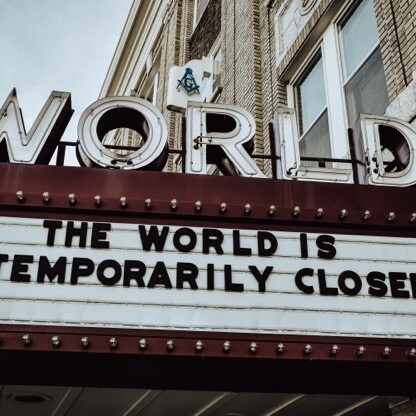
In August, thousands of students traveled back to their college campuses amid a surge in coronavirus cases across the nation. Dorms opened, varsity athletics resumed, and greek recruitment continued. These typical student activities, combined with what we know about the typical behaviors of college students, kindled the ideal coronavirus breeding ground. Facing a deadly pathogen and a lot of uncertainty, some colleges confronted large outbreaks, while others successfully kept infection rates down. Cornell University happens to be one of the successful universities in managing the spread of COVID-19.
This episode investigates the story behind Cornell’s success. CSBS Director and Professor of Psychology, Brent Roberts speaks with Peter Frazier, Eleanor and Howard Morgan Professor of Engineering at Cornell University, an expert in COVID-19 data modeling. They discuss Cornell’s “behavioral compact” strategy and behavioral compliance with Cornell’s rigorous health and safety protocols. Professor Frazier concludes with several recommendations on what universities can do to effectively manage the spread of coronavirus on campus.
Episode 5
Mental Health During Times of Crisis

Oftentimes, natural disasters cause not only physical damage but also can become an agent for many secondary mental health adversities–especially within youth populations. In this episode, CSBS team members, Cristina Alvarez, Ph.D., and Kaylee Lukacena, Ph.D., speak with Tara Powell, professor of social work at the University of Illinois, on the topic of mental health and youth, especially during times of crisis. They discuss both the virtual pilot studies and the proven methods alike, including the Journey of Hope Intervention program, which focuses on normalizing emotions, coping strategies, peer support, and other protective factors. Professor Powell addresses how mental health providers are tackling these challenges, and more largely, she shares some tips on coping with mental exhaustion, uncertainty, and staying connected during difficult times.
Episode 4
The Promising and Perilous Case for Smartphones in Mental Health Services
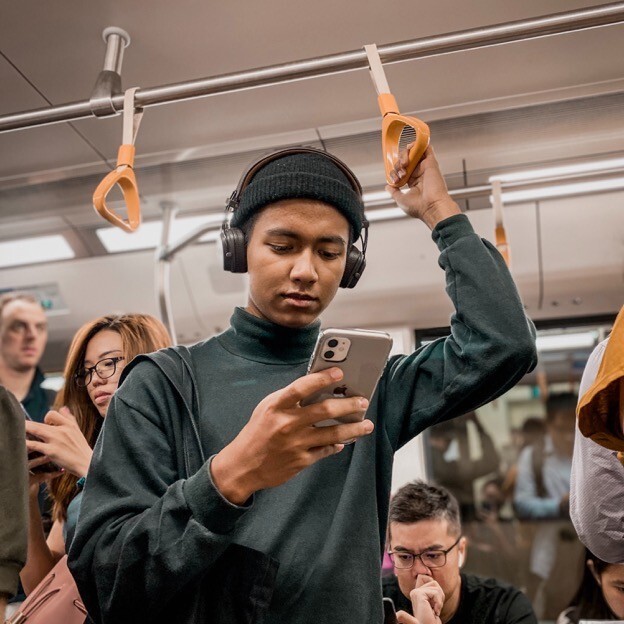
CSBS Director and Professor of Psychology, Brent Roberts, talks with Christopher Larrison, professor of social work at the University of Illinois, about the role of smartphones in supporting mental health services and community spaces.
Given the many ways smartphones have radically changed our world, our conversation touches upon how individuals living with mental health conditions use smartphones to receive mental health services and resources. For example, smartphones change the ways in which clinicians check in with their patients and impact how patients with similar symptoms develop social support networks. However, like most technological advances, smartphones come with promises as well as problems. For example, patients living with schizophrenia may react adversely to video conferencing services as they can trigger symptoms of paranoia.
Together we discuss what you can expect with big data, privacy, and mental wellness apps going forward. We recognize this topic is a growing concern as the COVID-19 pandemic persists accompanied by a secondary crisis in mental health.
Episode 3
Keeping Active During a Pandemic

We all know that exercise is generally good for our physical health, but creating healthy exercise habits and sticking to them is easier said than done. How can we pick up and stick with our exercise routines? To provide extra motivation, in this episode we consider the ways in which exercise can help improve mental health, well-being, and even cognitive function. CSBS Director and professor of psychology at the University of Illinois, Brent Roberts, talks with Neha Gothe and Sean Mullen, professors of kinesiology and community health at the University of Illinois. Together, we discuss how to make our bodies work better for us in the time of COVID-19.
* [13:25] Professor Sean Mullen mentions poi swinging as an example of exercise. To learn more about this exercise, use the link provided here.
Episode 2
Understanding Food Insecurity
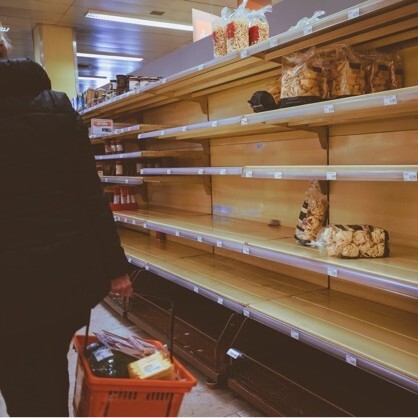
Food insecurity is recognized as a major health crisis in the United States. More than 42 million persons were food insecure in 2015, and many negative health outcomes are attributable to food insecurity. In this episode, CSBS Director and Professor of Psychology at the University of Illinois, Brent Roberts, talks with Craig Gundersen, professor of agricultural and consumer economics at the University of Illinois, on the measurement, causes, and consequences of food insecurity.
We discuss why solving the issue can be challenging, and why programs like the Supplemental Nutrition Assistance Program (SNAP) can be effective. Finally, we discuss how COVID-19 has affected the fight to end food insecurity.
Episode 1